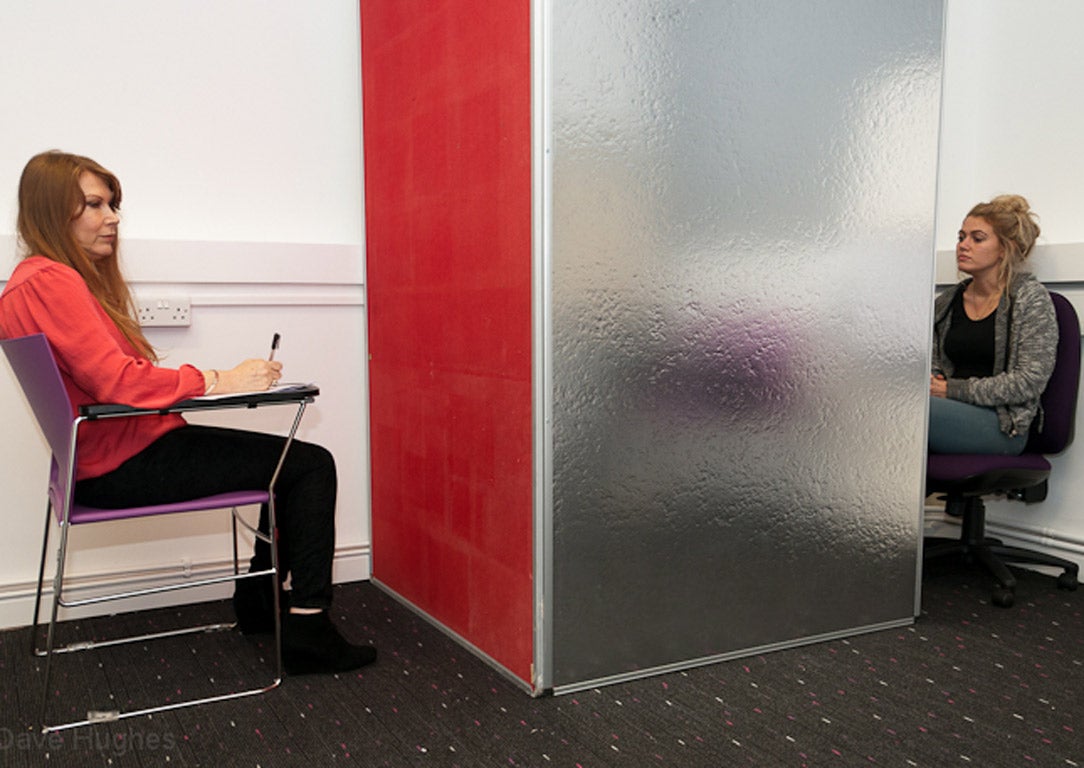They didn't see that coming: Psychics fail scientific test

Your support helps us to tell the story
From reproductive rights to climate change to Big Tech, The Independent is on the ground when the story is developing. Whether it's investigating the financials of Elon Musk's pro-Trump PAC or producing our latest documentary, 'The A Word', which shines a light on the American women fighting for reproductive rights, we know how important it is to parse out the facts from the messaging.
At such a critical moment in US history, we need reporters on the ground. Your donation allows us to keep sending journalists to speak to both sides of the story.
The Independent is trusted by Americans across the entire political spectrum. And unlike many other quality news outlets, we choose not to lock Americans out of our reporting and analysis with paywalls. We believe quality journalism should be available to everyone, paid for by those who can afford it.
Your support makes all the difference.Two mediums who claimed to have psychic powers were unable to demonstrate their ability under laboratory conditions.
Scientists from Goldsmiths, University of London, challenged Kim Whitton and Patricia Putt – psychics with more than two decades of experience – to identify characteristics of five randomly selected people who were hidden behind a screen. The volunteers were then asked to try to identify themselves from these psychic readings. The aim was to investigate whether professional mediums could prove their psychic powers in a controlled setting. But in a result they perhaps should have seen coming, the pair were only successful in identifying characteristics of the volunteers at a rate of one in five, an outcome "entirely consistent with the operation of chance alone," according to Professor Chris French, of the university's Anomalistic Psychology Research Unit and organiser of the study.
"The conclusion is that we have yet to find any plausible evidence that psychics can do what they say they can do," he said. However, both psychics hit back after being told of the results, with Mrs Putt claiming the experiment "doesn't prove a thing".
"I am sorry that I appear to have failed, but not really surprised. What I would like to point out is that the work I do is always done face to face so working 'blind' is extremely daunting for the medium," she said.
She argued that the test was designed to prove the scientist's preconceptions. "Scientists are very closed-minded," she told the BBC.
Kim Whitton said: “I feel the test was fair, however far more difficult to do under the circumstances so I think it’s great that I picked up information on one person accurately and I know the results were not high scores on the other readings, but having since spoken to some of the other sitters involved there were pieces of information they too could relate to such as countries from where they were raised. This cannot just be chance as was mentioned by those who initiated the experiment.”
Join our commenting forum
Join thought-provoking conversations, follow other Independent readers and see their replies
Comments